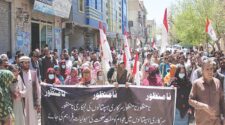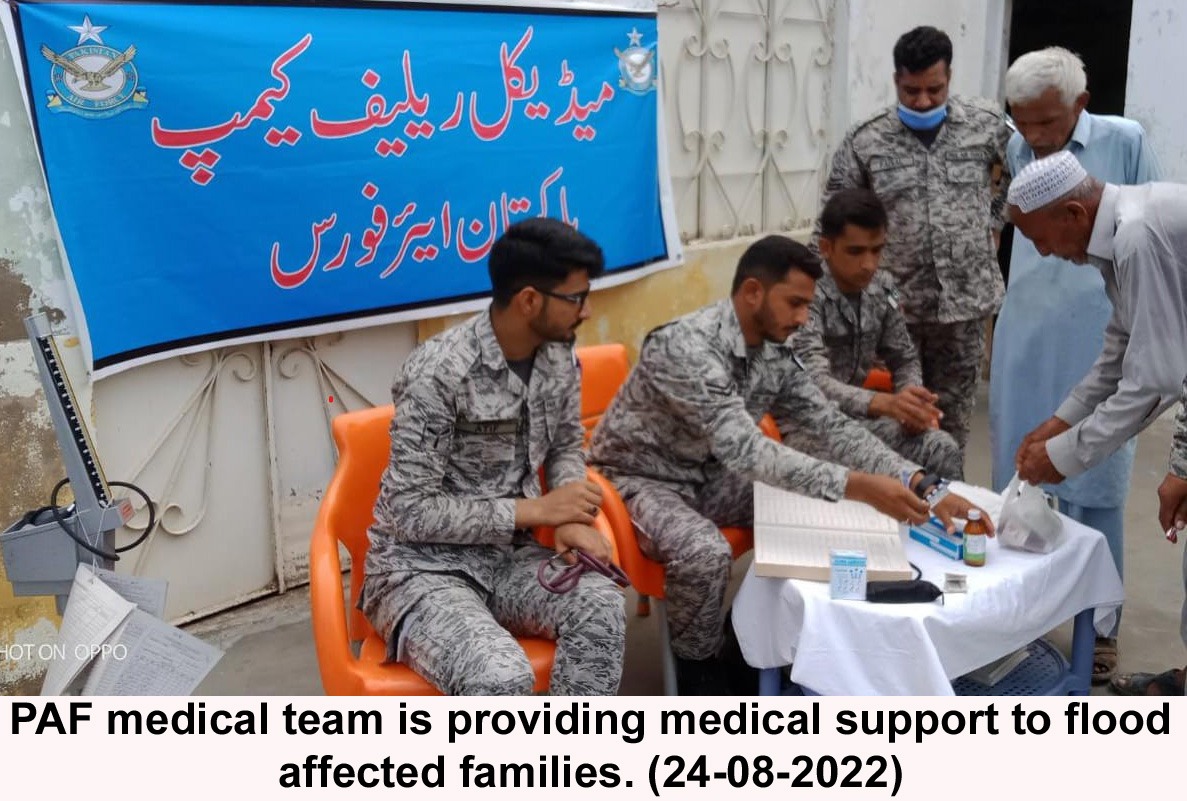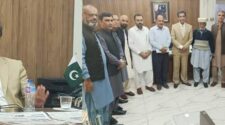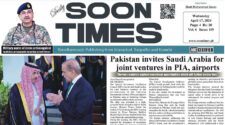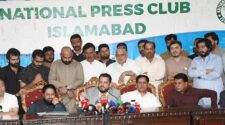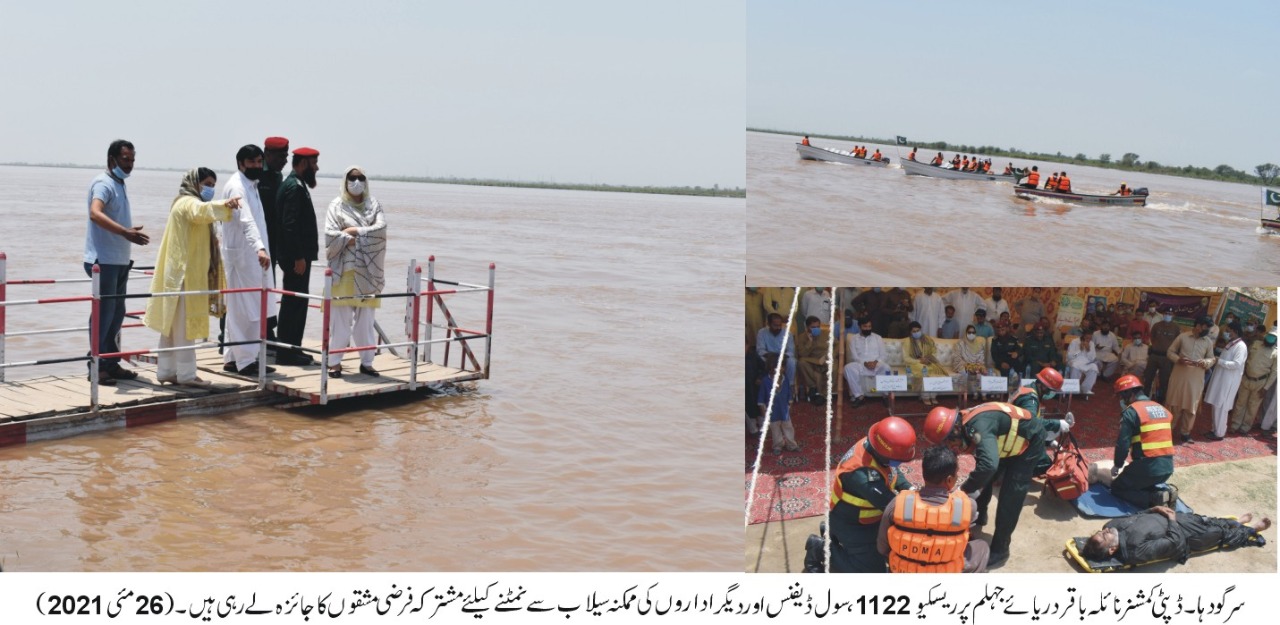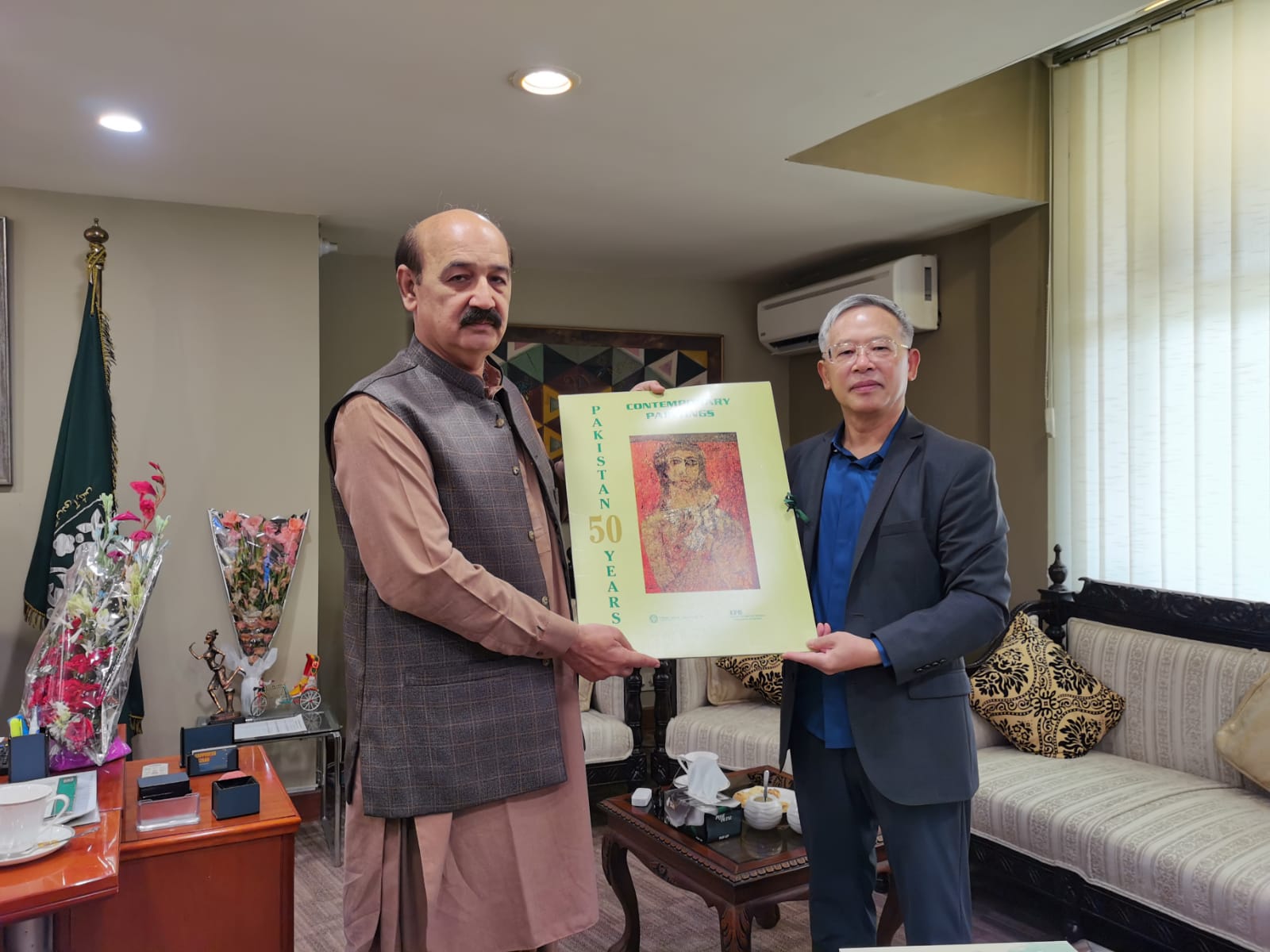In a significant development in Pakistan’s political landscape, the Pakistan Tehreek-e-Insaf (PTI) party and the current government have started formal dialogues aimed at resolving the political deadlock that has persisted for months. The talks, initiated after weeks of tensions, aim to bridge the growing divide between the ruling coalition and the opposition party led by former Prime Minister Imran Khan.
Background: Political Strife in Pakistan
The political situation in Pakistan has been turbulent since the ousting of Imran Khan in a no-confidence vote in April 2022. PTI, the country’s largest opposition party, has staged protests and calls for early elections, accusing the government of mismanagement, corruption, and failing to address Pakistan’s economic crisis. On the other hand, the government, led by Shehbaz Sharif and the Pakistan Muslim League (PML-N), has argued that PTI’s tenure was marked by economic mismanagement, and they need time to stabilize the country.
The months of deadlock and confrontation have strained Pakistan’s democratic institutions, impacted the economy, and led to widespread dissatisfaction among the public. Amid this crisis, the start of dialogue between PTI and the government raises hopes for a peaceful resolution to the political turmoil.
Hopes and Expectations from the Dialogue
The dialogues have generated cautious optimism, with hopes that the discussions can lead to tangible solutions. Here are the key hopes and expected outcomes from these talks:
- Early Elections: One of the primary demands of PTI has been the dissolution of the National Assembly and the holding of early elections. Both parties are expected to negotiate on a timeline for general elections, which would allow PTI to return to power, potentially under the leadership of Imran Khan. The hope is that both sides will agree to a free and fair electoral process that reflects the will of the people and restores political stability.
- National Consensus on Key Issues: Another expectation is that these talks will pave the way for a national consensus on critical issues such as economic reform, foreign policy, and national security. Both parties are likely to discuss measures for tackling Pakistan’s economic crisis, which includes high inflation, unemployment, and growing external debt. A unified approach could bring much-needed stability and confidence in the country’s governance.
- Constitutional and Electoral Reforms: There is also the hope that the dialogue could lead to the establishment of constitutional reforms that would prevent future political crises. One such reform could be strengthening the electoral process to ensure the fairness of elections and reduce the likelihood of political instability in the future. Addressing concerns about the independence of institutions, including the judiciary and the military, could also be on the table.
- Restoration of Democracy and Political Normalcy: After months of unrest and confrontations, both sides hope that the dialogue will lead to the restoration of political normalcy. PTI, which has been critical of the government’s handling of the country’s issues, might push for a return to a fully democratic system, with improved governance practices. The ruling party, on the other hand, may seek assurances about its political survival and securing a transition in a peaceful manner.
Challenges and Potential Obstacles
While there are many hopes surrounding these talks, several challenges remain:
- Mistrust and Past Conflicts: Given the intense political rivalry and accusations from both sides, there is a significant amount of mistrust between PTI and the government. The ability to build trust and find common ground may be a slow and difficult process.
- Pressure from Supporters: Both PTI and the ruling coalition have strong grassroots support. Any move that is seen as a compromise or yielding too much to the other side could provoke backlash from their supporters, leading to potential instability.
- External Factors: The influence of military and judicial authorities in Pakistan’s political process also complicates the negotiations. These institutions are often involved in political decision-making, and their stance could affect the outcome of the talks.
Expected Results and Long-Term Impact
The dialogue between PTI and the government holds significant potential for bringing about both short-term stability and long-term reforms:
- Resolution of Political Deadlock: If both parties can agree on a clear path toward early elections, it could defuse the current political crisis and allow for the restoration of democratic legitimacy.
- Economic Stability: By establishing a more unified and stable political environment, there is hope that Pakistan can address its economic challenges more effectively. A consensus on economic policies could help secure international support and investment.
- Strengthening Democratic Processes: A successful dialogue could lead to the strengthening of democratic institutions and better governance practices, reducing the risk of future political turmoil.
However, if the talks break down or fail to deliver meaningful outcomes, Pakistan could face continued political instability, economic hardship, and a prolonged power struggle between the government and PTI.
In conclusion, while the dialogues between PTI and the government of Pakistan offer a glimmer of hope for resolving the political crisis, the true outcome will depend on the parties’ willingness to compromise and find common ground for the sake of the nation’s future. The coming weeks and months will be crucial in determining whether this dialogue results in a lasting political resolution or deepens the existing divides.



